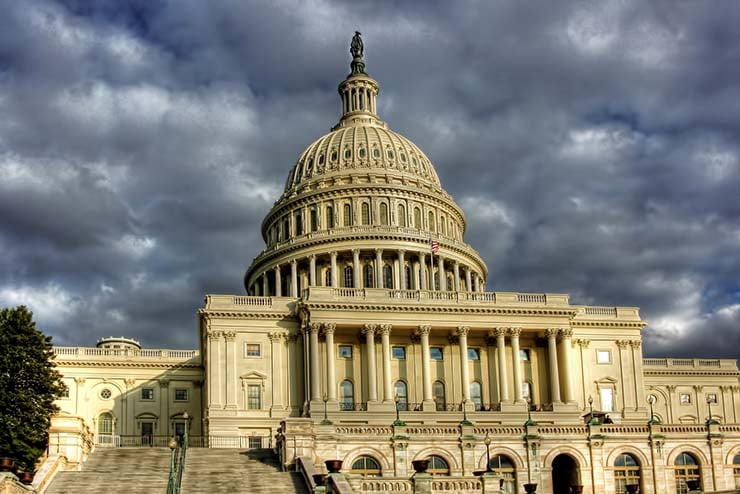Ronald Reagan famously said that the closest thing to eternal life is the lifespan of a federal agency. Long after he passed, his prophetic quip remains an iron rule of the United States government. We can thank the Gipper for concisely spelling out the problem even if he didn’t manage to fix it during his time.
Organizations are like organisms. They grow and propagate until they reach a limit. When an organization loses its fear of death, it will gradually stop working on anything but its own growth and propagation. Put another way, it is precisely because federal agencies feel themselves to be immortal that they are inefficient. This is what the new Department of Government Efficiency (DOGE) should keep in mind as it examines the way our federal government is organized.
What if every possible component of the federal government, like all other aspects of American life, did have to live with a constant and lingering fear that inefficiency might lead to its destruction? Most for-profit businesses are organized around that principle. That’s why monopolies become so much more expensive and inefficient over time: They stop competing. Our entire government is made up of mini monopolies. Until we change that, no amount of fiddling will change the entropy that raises costs and lowers production in our public managerial sector..
One prediction we can feel confident to make is that federal agencies will pretend to seek efficiency by consolidating power. Federal agencies will point to a rival agency and claim a loss of efficiency due to a duplication of effort. But that’s the opposite of how market efficiency is achieved. Making an agency too big to fail invariably guarantees failure. A competitive market involves lots of choices and a realistic chance that the non-performing organization will be dissolved.
Instead of consolidating functions, we should pursue increased competitive redundancy, allowing anyone who depends on an agency’s service as much choice as possible among competitive sources. Then, on a periodic basis (say every three years) one of the competitor organizations must be destroyed. The employees of the dissolved organization could then participate in a competitive process to seek jobs in the surviving components. Some employees would not receive offers. In one fell swoop, the agency is rid of its worst-performing component and least-wanted employees. It’s a fair and efficient process that weeds out the worst of the organization and deters inefficiency.
Conversely, the best-performing organizations can propagate. They will be allowed to divide and spawn new competitors. Employees in the winning organization will be allowed to renegotiate their salaries and may pick the better offer. Winners win. Non-functioning managers would lose their jobs. Employees in bad organizations get a second chance if they aren’t at fault.
This concept is particularly important among the intelligence agencies currently advising the president. The office of the Director of National Intelligence should be eliminated. In fact, it should be illegal for an intelligence agency to contaminate its opinion by coordinating with another intelligence agency. From weapons of mass destruction to the Russia collusion hoax, we’ve seen repeatedly that coordination among the various branches of the intelligence community leads to a stampede towards consensus where none should exist.
The American government should cost less and improve performance every year as new technological innovations cut costs and increase productivity. Instead, monopolistic characteristics drove growth for its own sake without fear of consequences when the agencies neglects their core missions. Wherever possible, the government should be restructured to eliminate guaranteed longevity for non-performing organizations. Each government executive must fear wasting the taxpayer’s dollars lest he lose his empire to the more efficient competitors. To fix government, we must make federal agencies, or at least their components, mortal.
That leaves for another day the question of whether these agencies should even exist in a real constitutional republic.

Leave a Reply